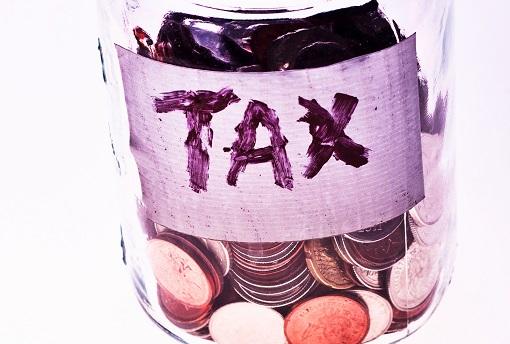
HM Treasury has published a Call for Evidence to gain a better understanding about how the Social Investment Tax Relief (SITR) has been used since its introduction in 2014, including levels of take up and what impact it has had on social enterprises’ access to finance.
SITR enables an investor to reclaim 30 percent of the value of an unsecured loan to an eligible organisation against their tax bill. The relief is only open to individual investors.
The SITR has a sunset clause which will bring the scheme to an end in April 2021, and this call for evidence will help inform a decision about the future of the relief.
Since 2014, only a limited number of social enterprises have made use of the tax relief, and take up has fallen short of what was anticipated when SITR was introduced and subsequently expanded.
This call for evidence seeks views on how SITR has been used since its introduction, and why its use has been lower than previously anticipated. In addition to views from SITR investors and investees, this review also seeks the views of social enterprises who could have used SITR, but have not, and those who want to use the scheme but cannot. It is also intended to gather views from social enterprises on their experiences with scaling up, and what impact SITR has had on access to finance for social enterprises.
HM Treasury predicted that SITR would support £83.3m-worth of investment in its first three years, but the actual figure was £5.1m. This has since increased to £9.2 million.
Social investment institutions have called for restrictions on who can invest and how much can be invested to be lifted.
Another criticism levelled at the scheme are that it misses the point of both philanthropy and investing, focusing too much on tax relief for the former and not providing good enough returns for the latter.
Voscur is writing its own response to the call for evidence on behalf of its stakeholders. If you would like to contribute to it then please send your input to richard@voscur.org
The deadline for responses is 17 July 2019.